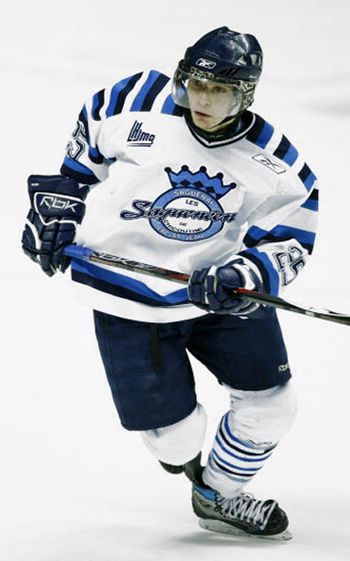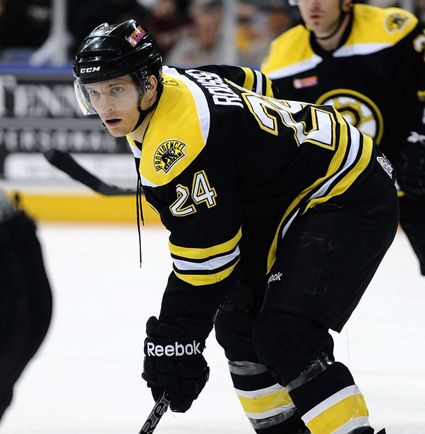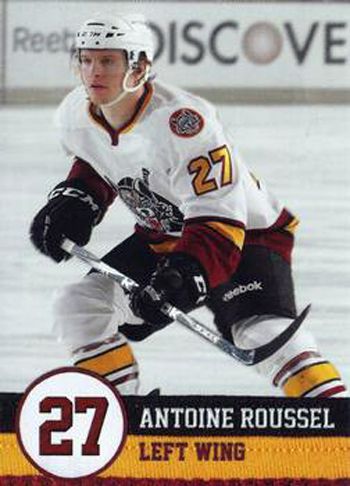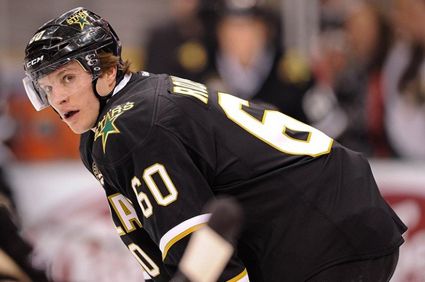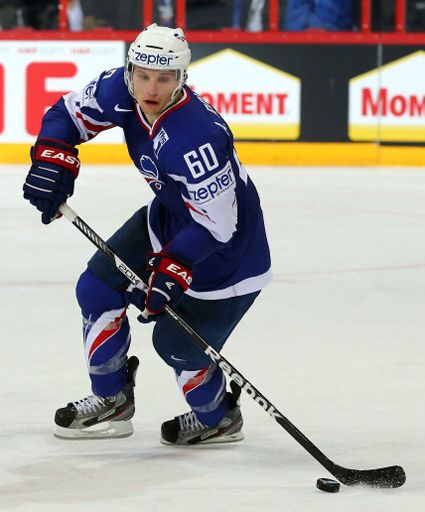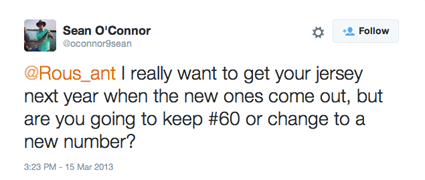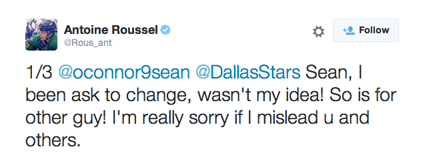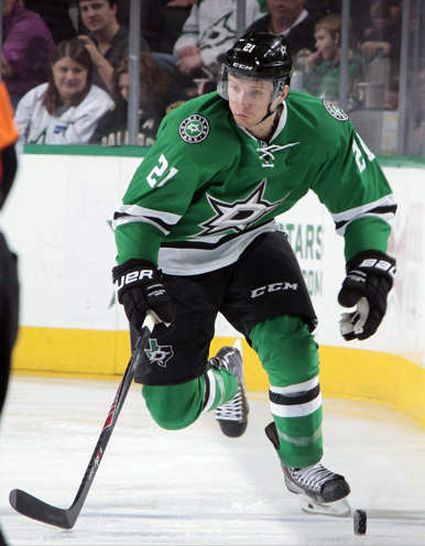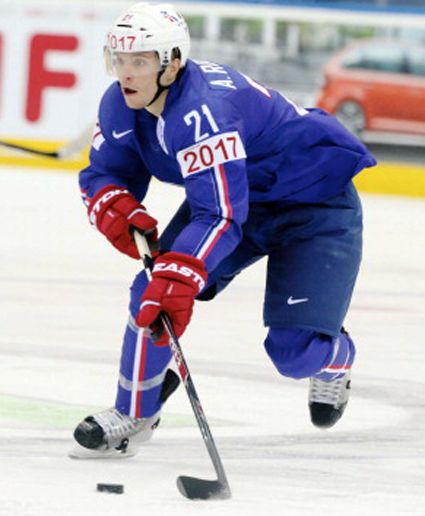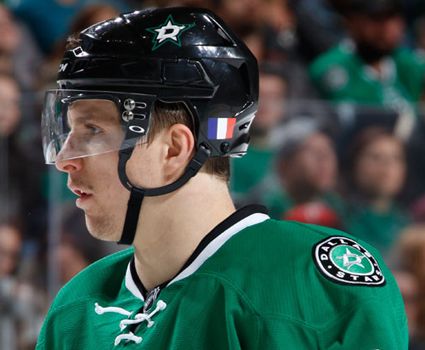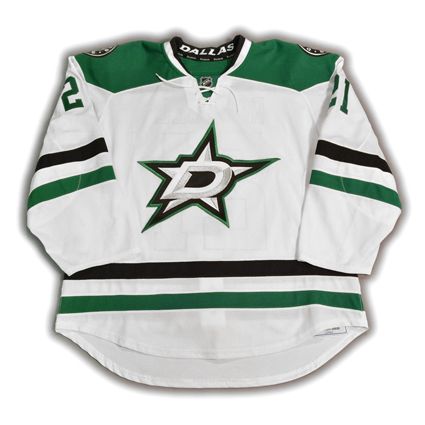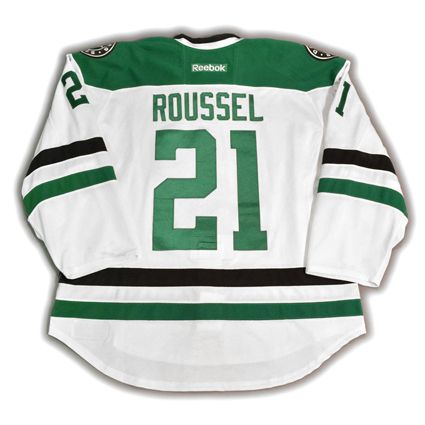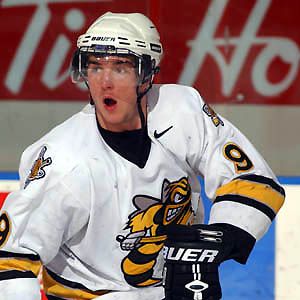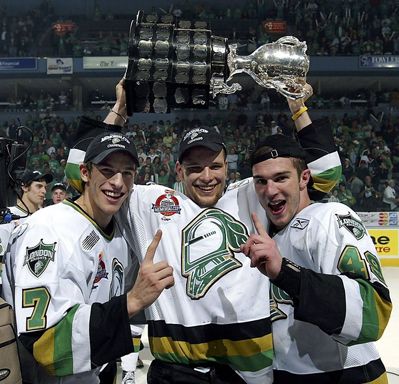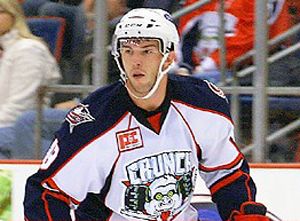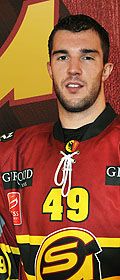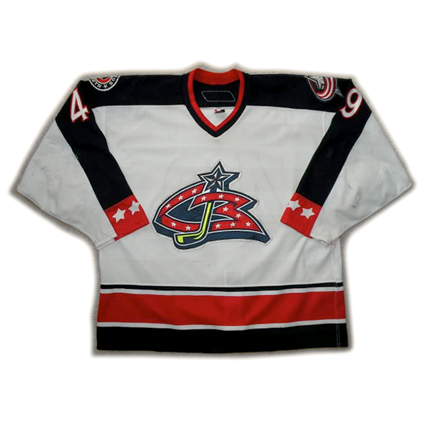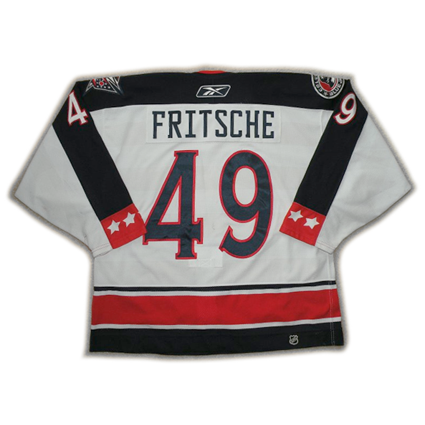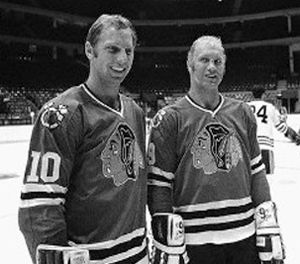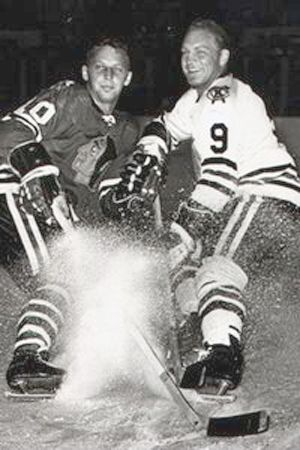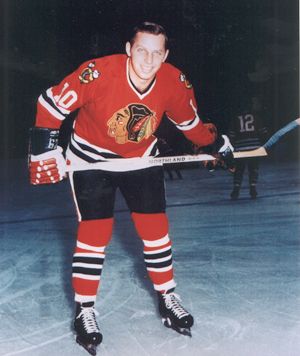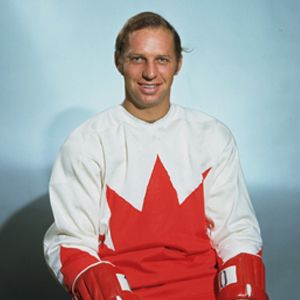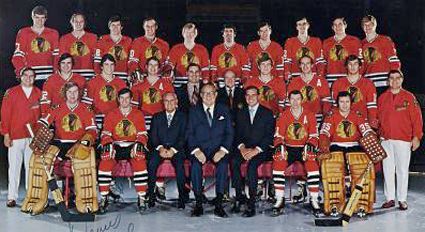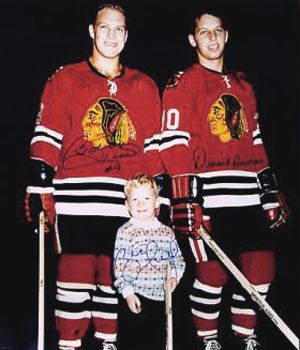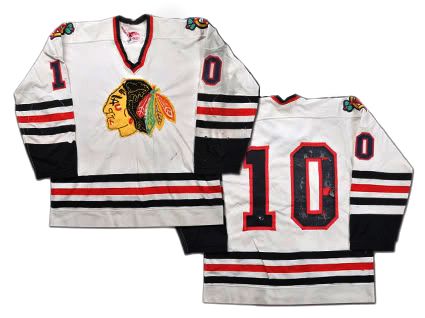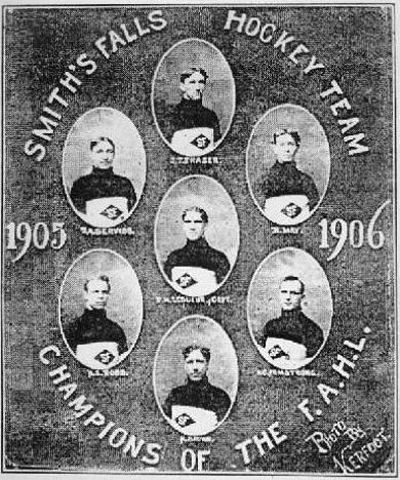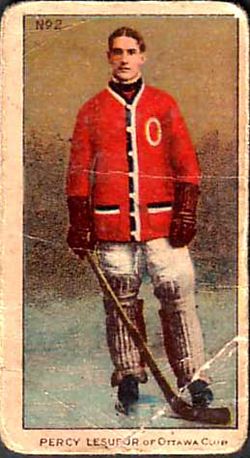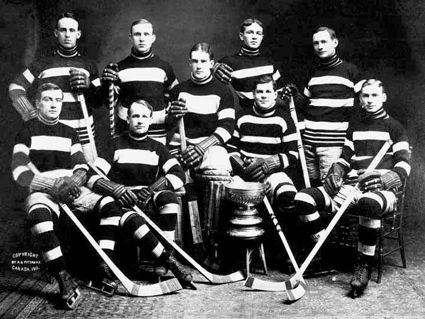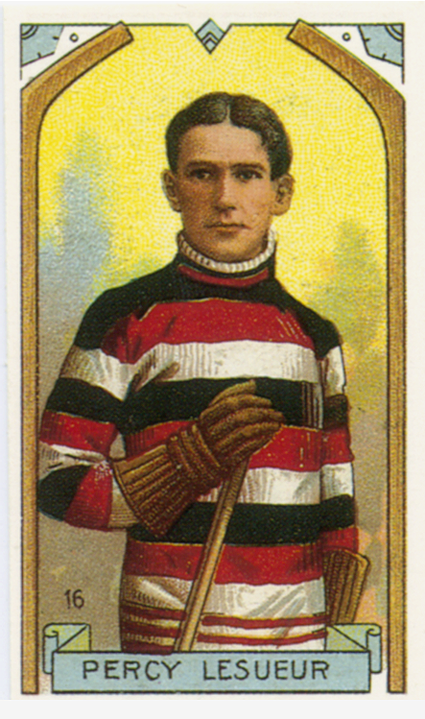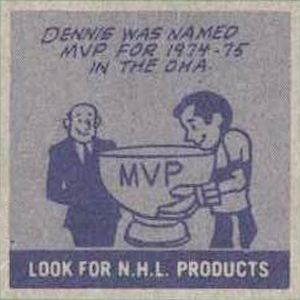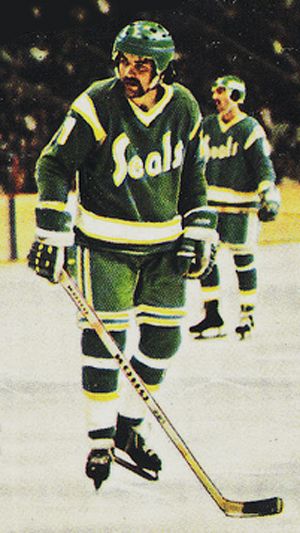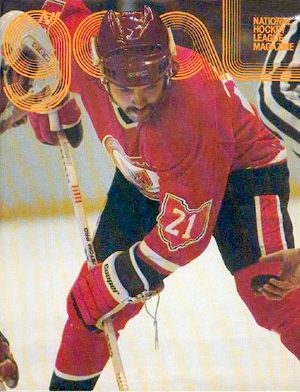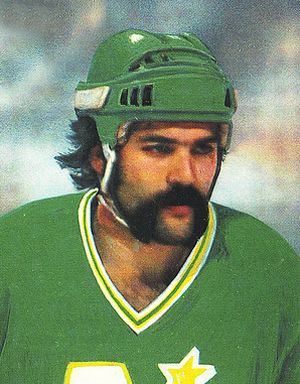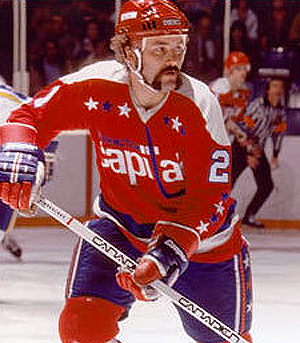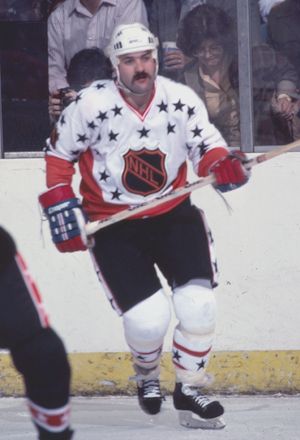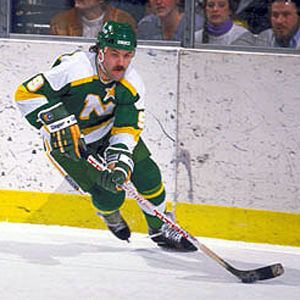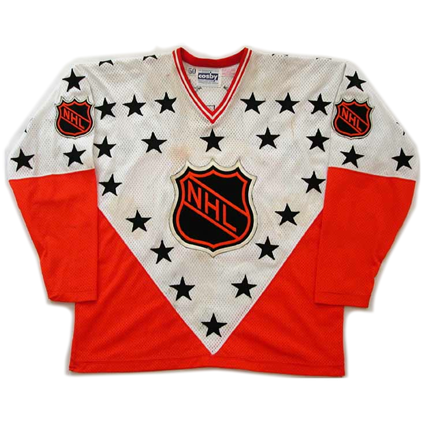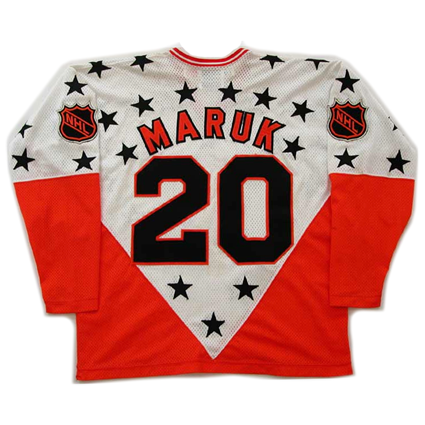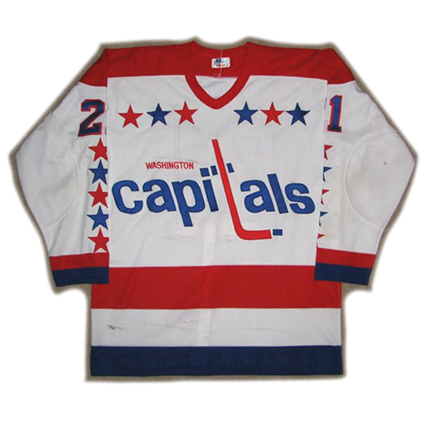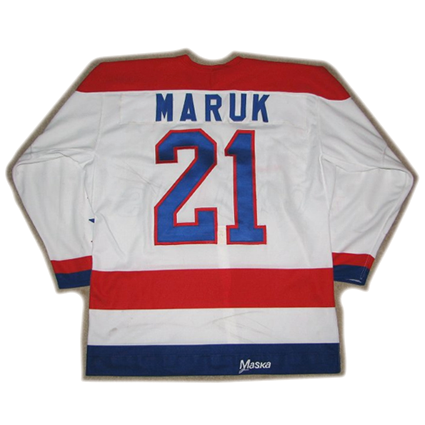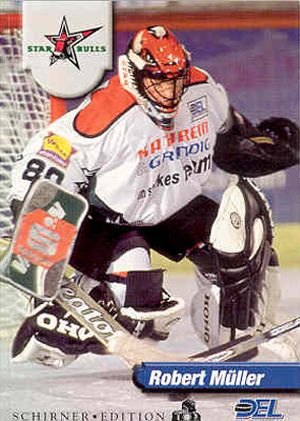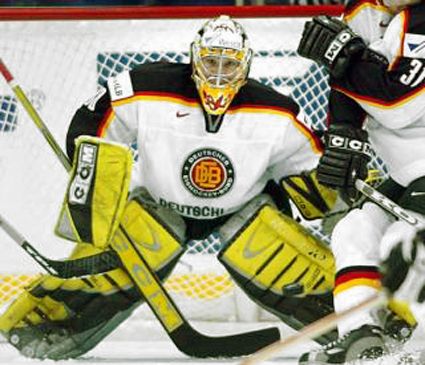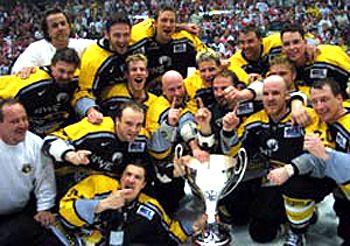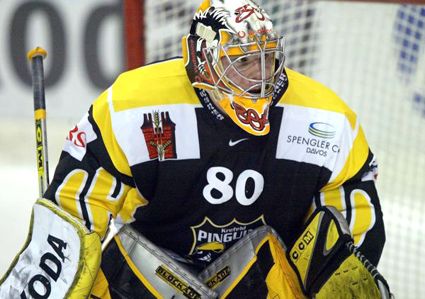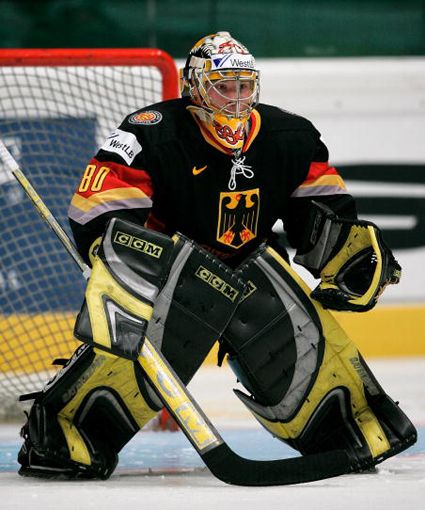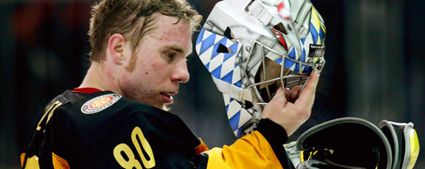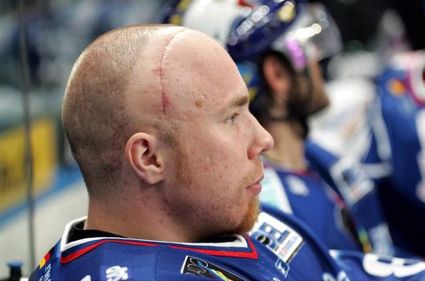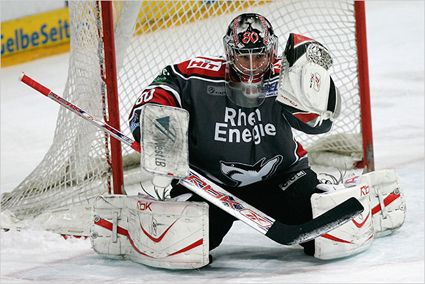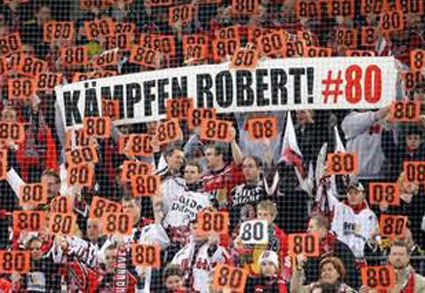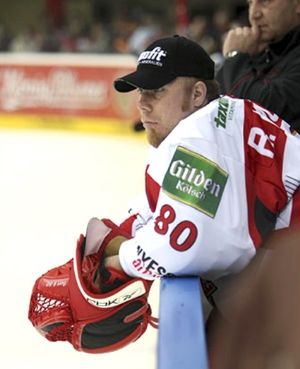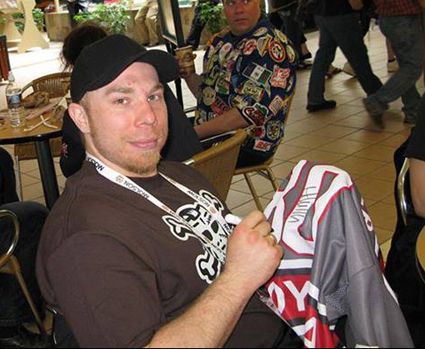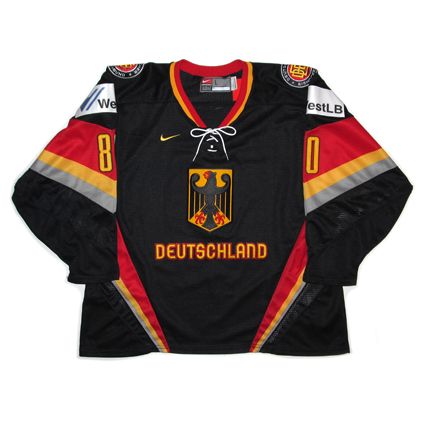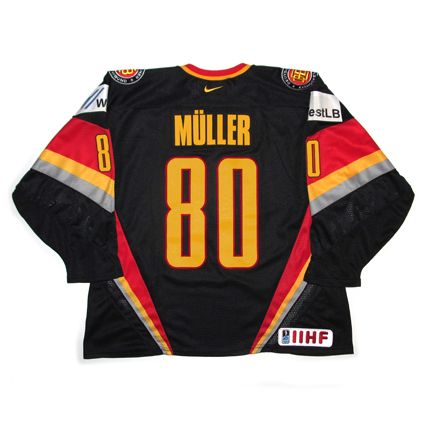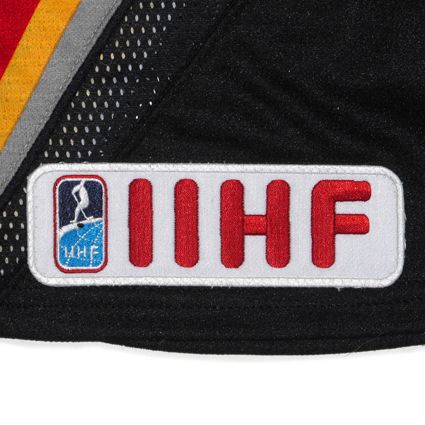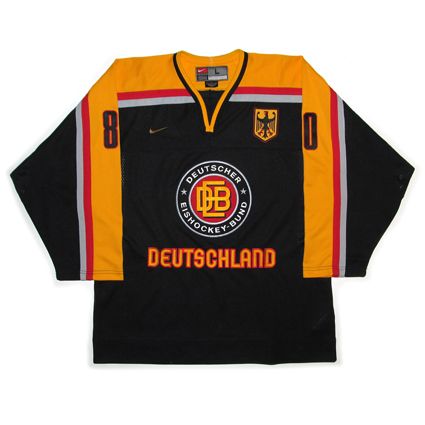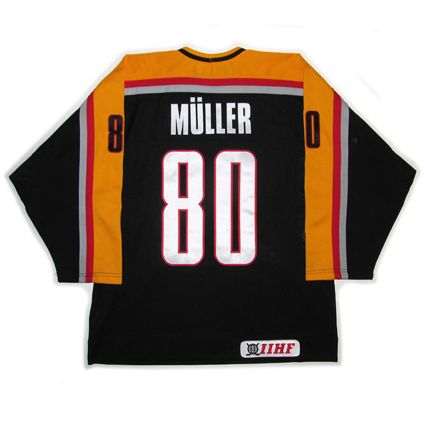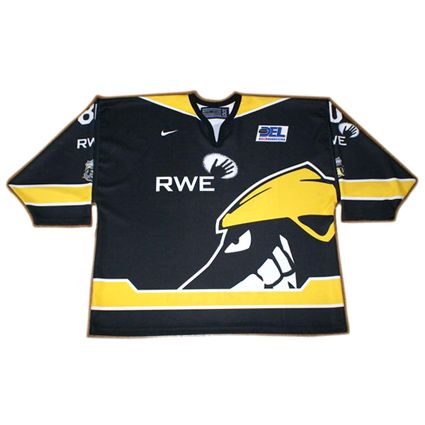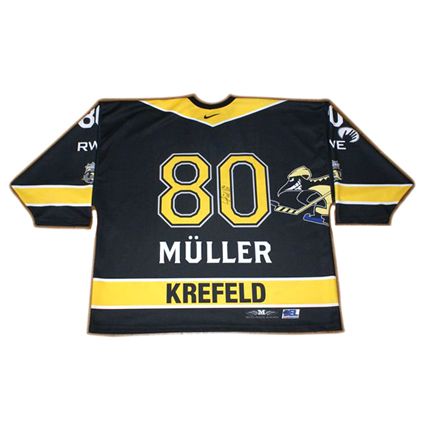He debuted with 7 goals and 20 points in 56 games and built on that with 13 goals and 37 points in 70 games the following season. He was limited to just 58 games in 2008-09 but nearly managed to equal his point total from the previous season with 35. That same season he also impressed with 6 goals and 8 points in 5 games at the 2009 Division 1 World Junior Championships, having previously competed for France at the 2006 World Junior U18 Division 1 tournament.
His final season with the Saguenéens saw his game take a leap forward with 24 goals and 47 points as well as 9 points in 7 playoff games.
Still, Roussel went undrafted by the NHL and signed a free agent contract with the AHL's Providence Bruins for the 2010-11 season. He would play in 42 games for Providence and an additional 5 for the Reading Royals of the ECHL.
The following season he was invited to the Vancouver Canucks prospect camp, where he impressed and earned a contract with their top minor league affiliate the Chicago Wolves of the AHL. His rugged style of play led to his amassing of 177 penalty minutes as well as 9 points in 61 games with the Wolves.
Following the season he returned to the international stage when he made his World Championship debut for France, scoring 2 goals and an assist in 7 games.
Heading into the 2012-13 season, Roussel signed with the Dallas Stars organization. He spilt time that season between the AHL's Texas Stars, playing in 43 games with 19 points and 107 penalty minutes, and made his NHL debut with Dallas, where he played in 39 games, scoring 7 goals and 14 points with 85 penalty minutes while wearing the #60.
After the Stars elimination from the Stanley Cup playoffs, Roussel suited up for France for the second time at the 2013 World Championships.
Heading into the 2013-14 season, a fan tweeted Roussel with the following:
Roussel replied in March that he was going to keep his "strange" number, assuring him that he was safe to order one of the Stars new jerseys with the #60 when they were released in June.
New management with Dallas decided they wanted to see lower numbers on most of their players, which included Roussel's unconventional #60. With Loui Eriksson having been traded during the offseason, the date of Roussel's birth #21 was available.
After the news came to light in August that Roussel was going to swap his #60 for #21, a seemingly perturbed Sean O'Connor called him out on twitter.
"With the economy these days, it's tough to have some money, when they invest in a jersey like that, it's an investment for some people," Roussel said in sympathy. "I don't want to put those people in a bad spot. I felt that was a good thing to do."
For the 2013-14 campaign, the swap to #21 did not do his game any harm, as Roussel maintained his scoring pace from the previous season, scoring 14 goals and 15 assists for 29 points in 81 games as well as an increase in his penalty minutes to a career high to date to 2009.
the Stars new jersey for the 2013-14 season
Roussel then made his third consecutive World Championship appearance for France where he cut loose with 6 goals and 11 points in 8 games for the French while earning himself a tournament all-star selection.
wearing a French flag on the back of his helmet
following the terrorist attacks in Paris in November 2015
Today's featured jersey is a 2013-14 Dallas Stars Antoine Roussel jersey worn the first season he changed from #60 to #21, raising the ire of some fans who purchased his original #60 version.
The Stars greatly diminished their emphasis on the color green when their new Reebok Edge jerseys debuted in 2007-08, especially when their home dark jerseys changed from a predominately green jersey to now black. Additionally, they found themselves with some of the most unsatisfying, boring jerseys of the Reebok era. The addition of a white third jersey in 2008-09 did little to improve matters, as it was so similar to their road white jersey only a die hard Dallas fan would notice the change from the "Stars" logo to the arched "Dallas" wordmark which matched the black jersey's cresting.
That all changed in 2013-14 when the club performed a complete makeover of their look, which included a new main crest and a vibrant green home jersey. This reclaimed their ownership of the color, as the only other team to wear a green jersey was the Minnesota Wild, that being a third jersey which is several shades darker than the new look in Dallas. Worth mentioning is the single color numbers, making Dallas one of only five teams to use single color numbers on all their jerseys.
Of note, while Dallas had 12 players with numbers #36 or higher in 2012-13, they still had ten players wear high numbers in 2013-14, including Vernon Fidler (#38), Valeri Nichuskin (#43), Sergei Gonchar (#55), Erik Cole (#72) and the team's leading scorer Tyler Seguin (#91). The five others all played less than ten games that season.
Aside from Roussel, Stars players who did change numbers from 2012-13 to 2013-14 were Jamie Oleksiak from #43 to #5, Ryan Garbutt from #40 to #16 and Jordie Benn from #58 to #24.

